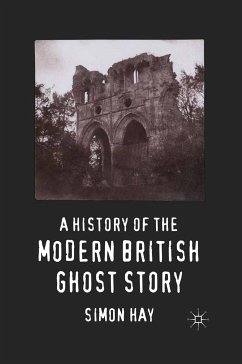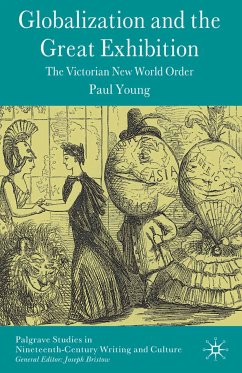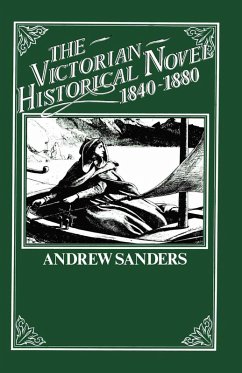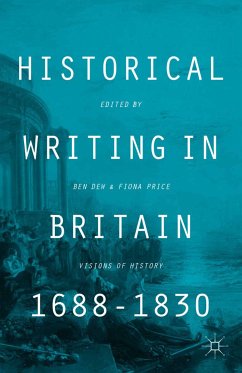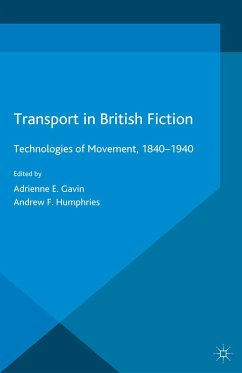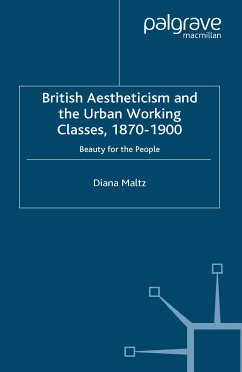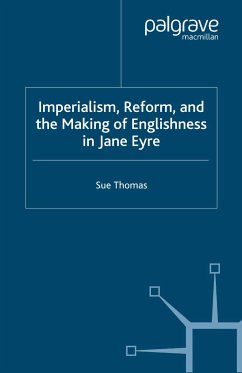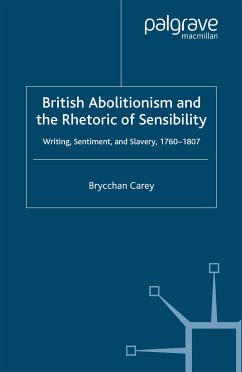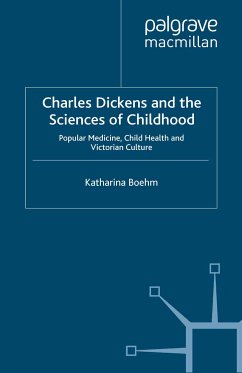
Charles Dickens and the Sciences of Childhood (eBook, PDF)
Popular Medicine, Child Health and Victorian Culture
Versandkostenfrei!
Sofort per Download lieferbar
40,95 €
inkl. MwSt.
Weitere Ausgaben:

PAYBACK Punkte
20 °P sammeln!
This book takes a fresh look at childhood in Dickens' works and in Victorian science and culture more generally. It offers a new way of understanding Dickens' interest in childhood by showing how his fascination with new scientific ideas about childhood and practices of scientific inquiry shaped his narrative techniques and aesthetic imagination.
Dieser Download kann aus rechtlichen Gründen nur mit Rechnungsadresse in A, B, BG, CY, CZ, D, DK, EW, E, FIN, F, GR, HR, H, IRL, I, LT, L, LR, M, NL, PL, P, R, S, SLO, SK ausgeliefert werden.



